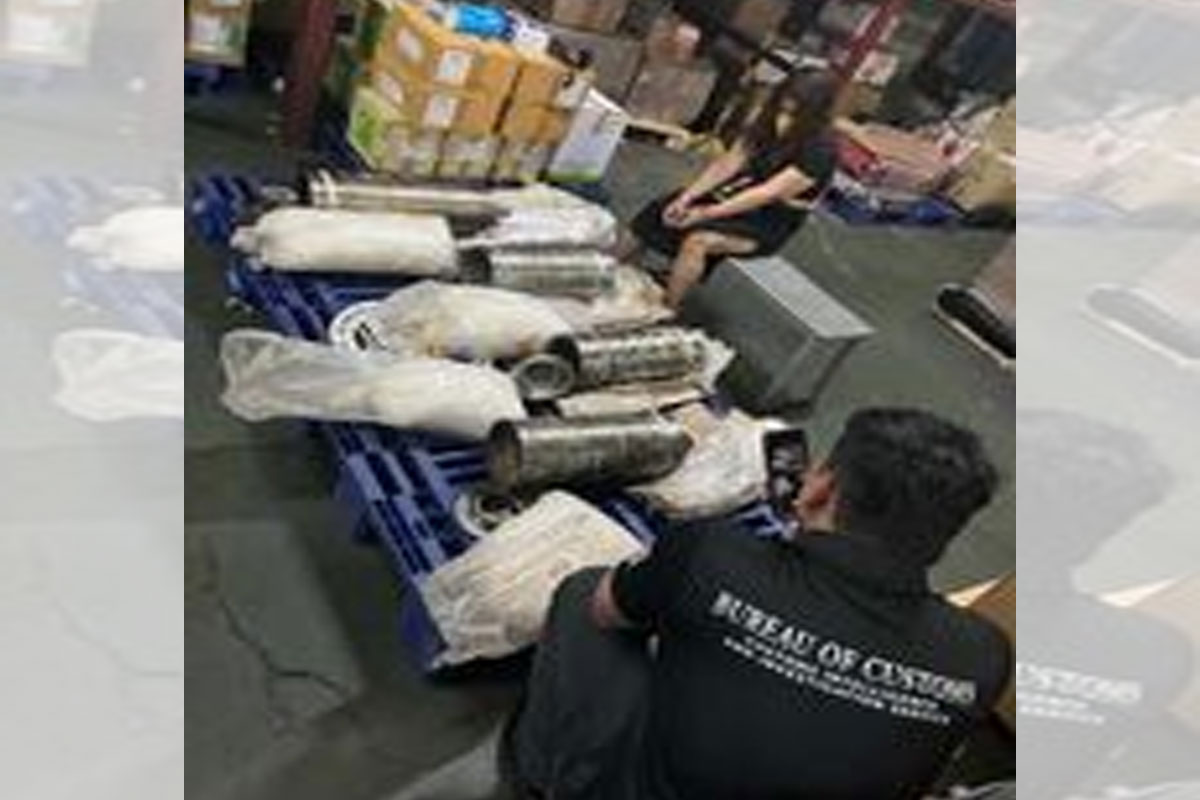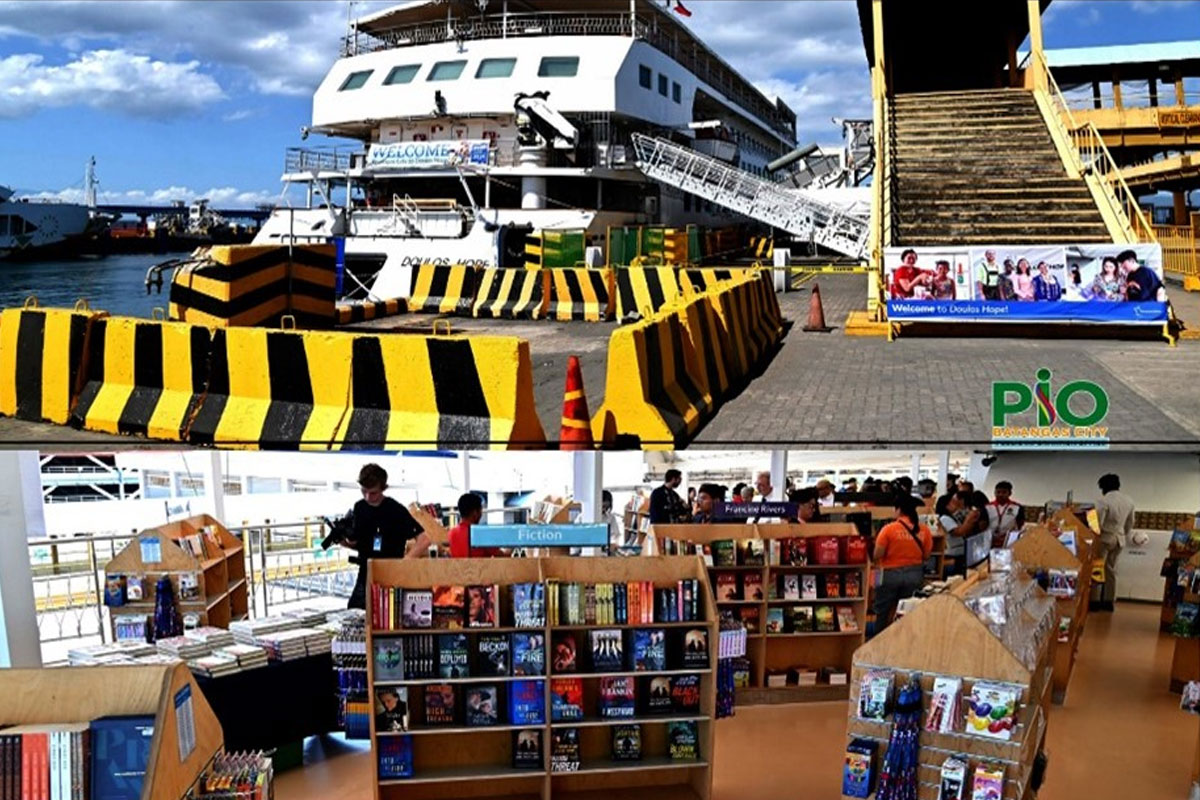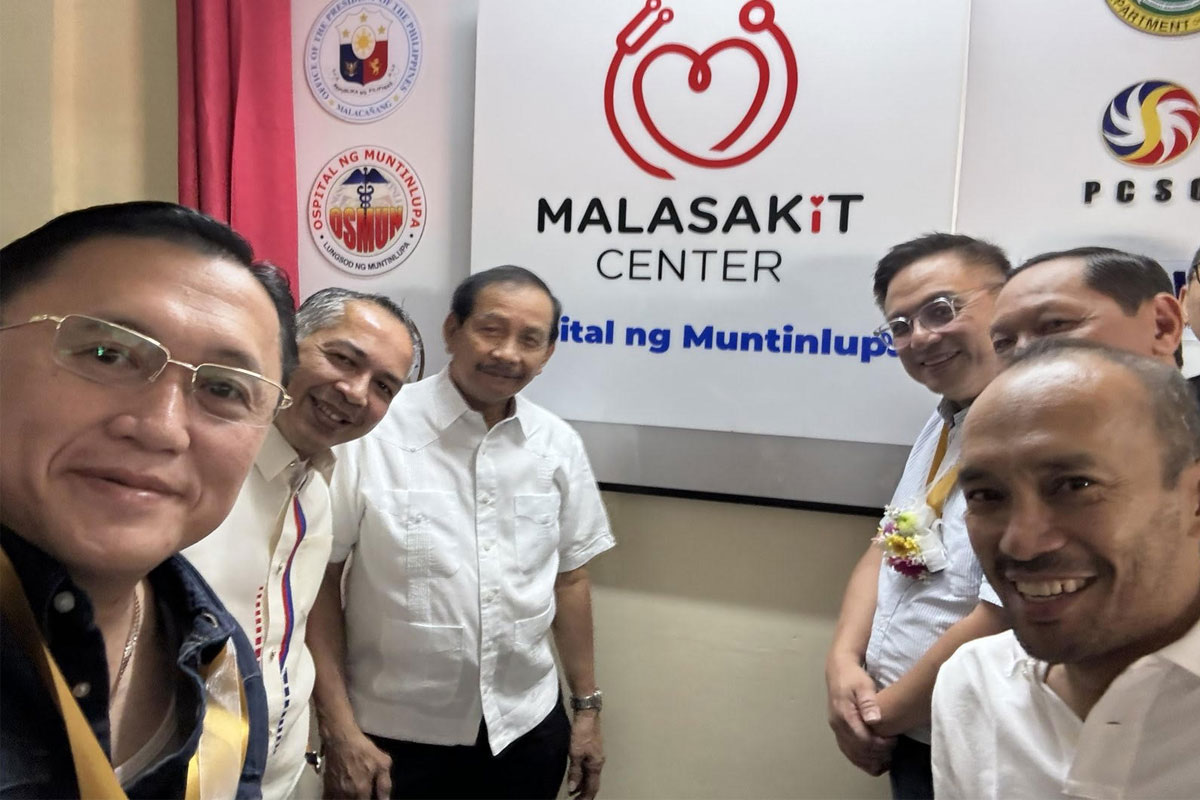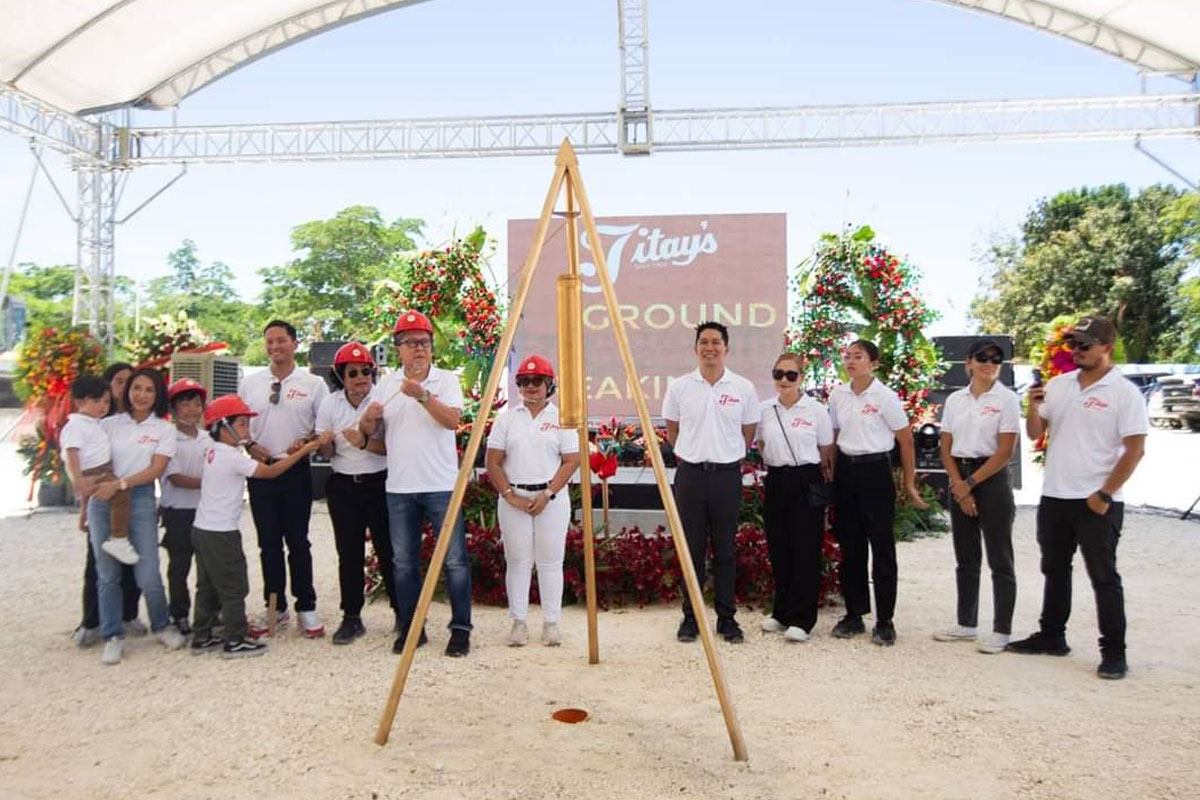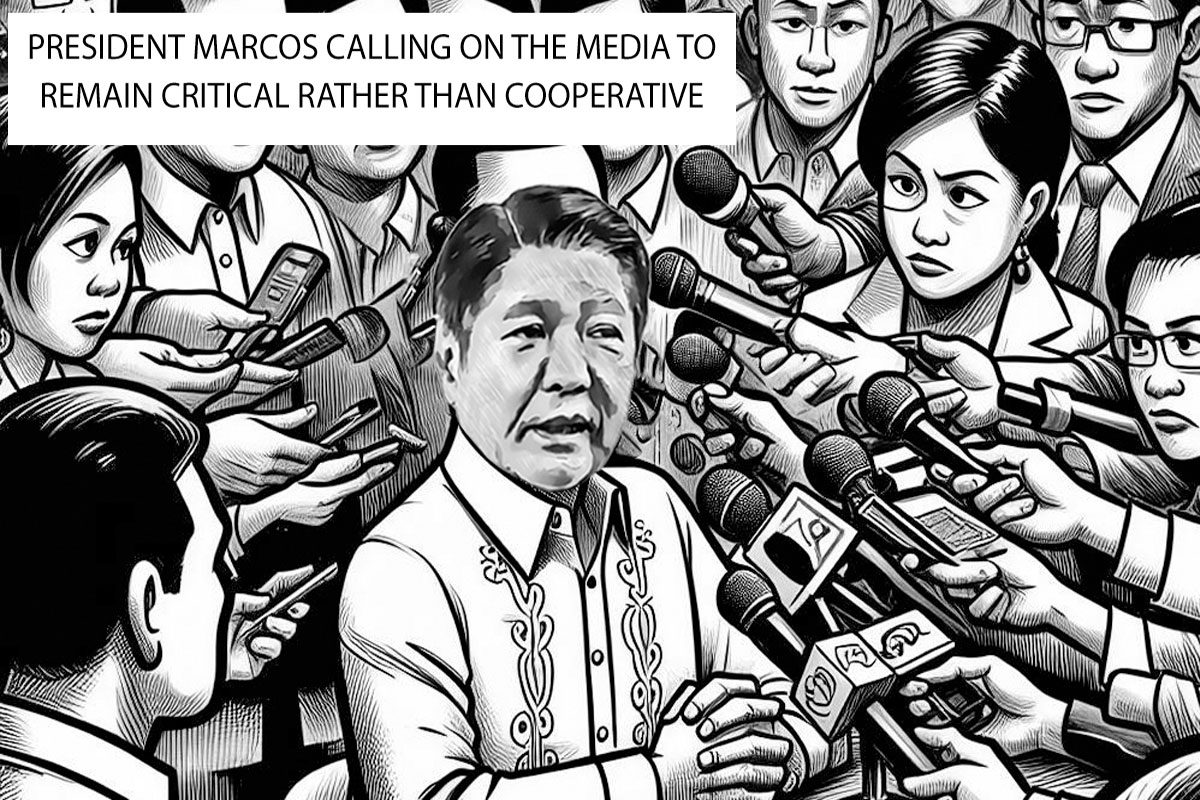
Unwanted road in Batad
 JUST before the pandemic, a family Christmas trip to the Mountain Province gave me the rare chance to see one of the top wonders of the world – the Banaue Rice Terraces otherwise known as the Philippine ‘stairway to heaven’.
JUST before the pandemic, a family Christmas trip to the Mountain Province gave me the rare chance to see one of the top wonders of the world – the Banaue Rice Terraces otherwise known as the Philippine ‘stairway to heaven’.
Because of time constraint, we saw the spectacle from only one angle and that’s from the view deck where regular tourists go to have a glimpse of the amphitheater-like farming landscape.
But a return to Batad and a comprehensive tour around the rice terraces recently provided me better perspectives of it, among which is the community below the magnificent agricultural escalier which got most of my attention.
The village is composed of around a hundred houses exclusively inhabited by people who were born and raised in Batad, a barangay which is a 45-minute drive from Sentro, the main town of Banaue.
As it is in many parts of the Mountain Province, outsiders – people living outside the locality – are not allowed to acquire real estate properties there. Thus, acquisition of land in Banaue including Batad is strictly limited to the locals.
The gateway down to the community is the area where the view deck can be found. The viewdeck – a sort of a restaurant and a resting station combined – is almost a thousand meters high from the ground.
From there, one has to descend via the dangerously stiff, long and winding trail by foot to reach the village. One can’t find motorcycles or even bicycles. There were also lots of questions concerning transport or mobility raised.
In building houses, the village people move construction materials – hallow blocks, cement, sand, pipes, sheets and more – by negotiating the cruel path.
It’s the same thing when they acquire furnitures and fixtures – refrigerator, sala and dining sets, beds and whatever they wish to have in their houses. They carry them all down by foot to their homes through ‘bayanihan’.
They have been doing this practice for a very long time. It’s a wonder nobody thought of building a road to serve the local residents.
After so much pondering, I guess the rice terraces people don’t want that road after all. For them, that road could bring ‘unwanted’ development to the paradise they call home.
Meanwhile, Mountain Province local leaders have a different idea in preserving the rice terraces.
Ifugao Governor Jerry Dalipog said building three road projects closer to the communities will encourage residents to live in resettlement areas and avoid building houses on the heritage rice terraces to preserve them.
Aside from serving as an access road for people between the service communities, and in the delivery of farm inputs and products, the road projects have a secondary purpose.
The roads will help resettle people away from the rice terraces to appropriate settlement areas.
Residential houses are now congesting the roads and are even built along the rice terraces, the official lamented.
The projects including the 4.96-kilometer Junction-Alimit-Nattum farm-to-market road (FMR) worth P140.52 million located in the municipality of Mayoyao; the 4.6-kilometer Viewpoint-San Fernando FMR costing P124.81 million; and the 8-kilometer Anaba-Ducligan-Banao FMR worth P245.63 million implemented under the Department of Agriculture-Philippine Rural Development Project (DA-PRDP), were officially inaugurated and turned over to the local government late last year.
Both Banaue and Mayoyao have several rice terraces declared by United Nations Education, Scientific and Cultural Organization (UNESCO) as heritage sites.
If rice terraces are maintained and used as intended, Ifugao can expand its rice production areas and help reach the country’s rice sustainability goal.
Dr. Cameron Odsey, regional executive director of the DA in the Cordillera Administrative Region (CAR) and the chairman of the PRDP regional board, said PRDP projects are determined by the community and the local government who both have responsibilities to take in the projects.
Odsey said projects proposed under the PRDP undergo a thorough evaluation based on their impact on agriculture and the people that will benefit.
He also cited the track record of the proponent local government unit which does not just share in the finances but also help in assuring that the project is completed on time and within the standards required.
**
For comments, please call or text 09569012811 or email [email protected]








